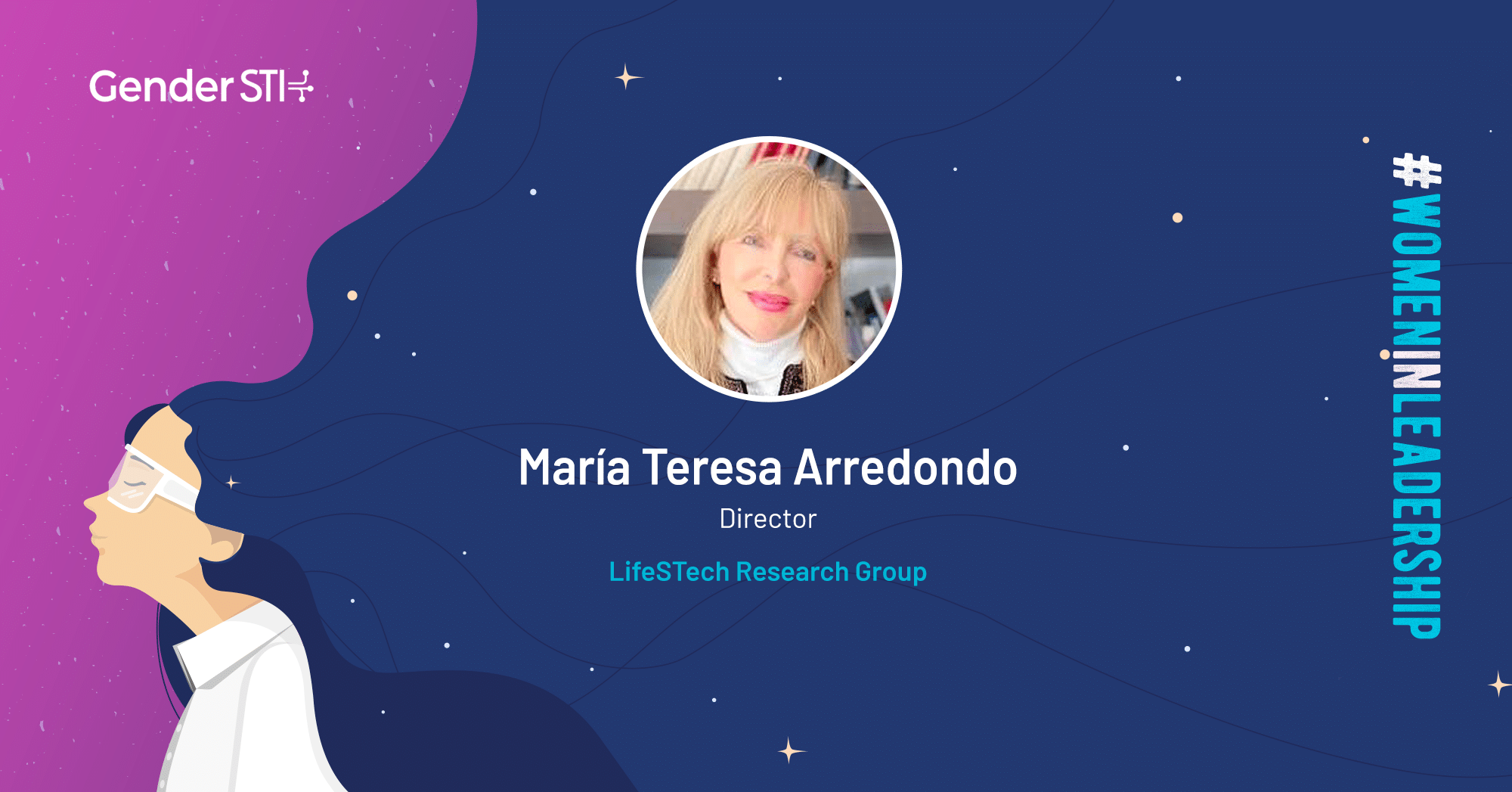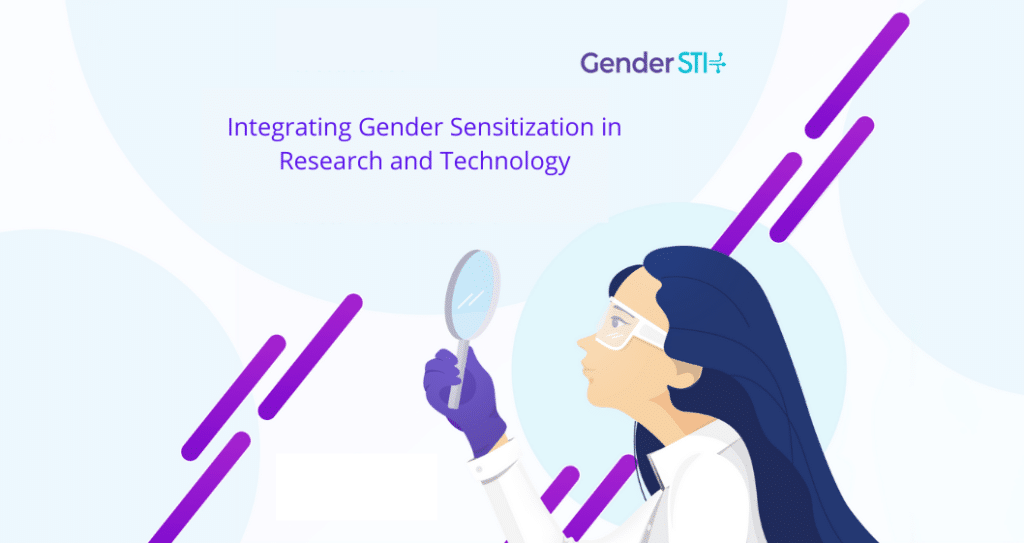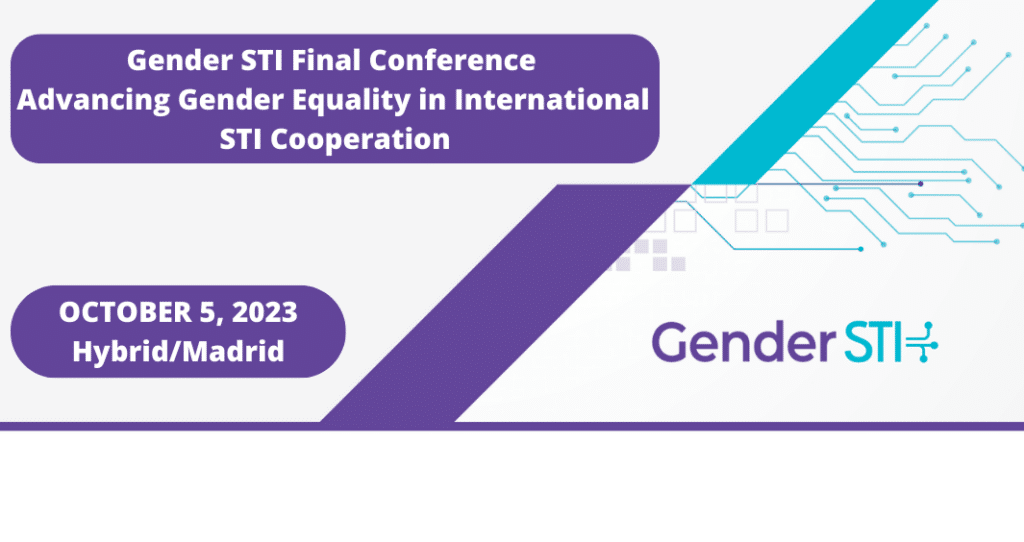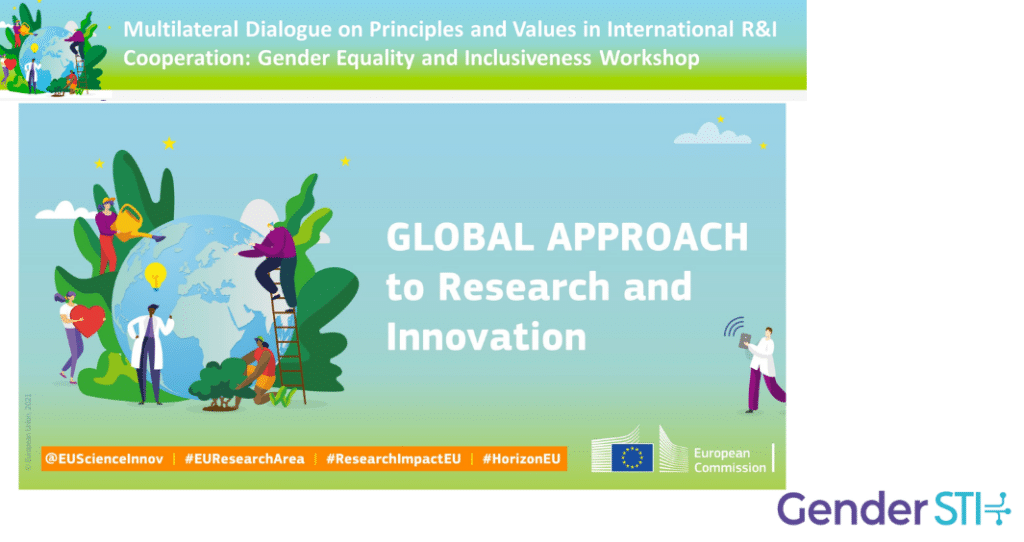María Teresa Arredondo was nominated for Gender STI's #WomenInLeadership Campaign, which celebrates women leaders in science, technology and innovation, by the LifeSTech Research Group in Spain.
She is the director and founder of the LifeSTech Research Group and a biomedical engineering professor at the Universidad Politécnica de Madrid. Arredondo was also the first woman to become a full professor of Telecommunications and Bioengineering in Spain in 2001, and the only one for more than ten years in the country. She is one of the founders of the Argentinean Society of Biomedical Engineering (SABI), and the first SABI Secretary. Arredondo is also the Director of Latin-American Affairs at the Universidad Politécnica de Madrid and the Director of the Vodafone Chair for Healthcare and e-Inclusion.
Arredondo spoke to Gender STI about her experience as a woman leader in honor of International Women's Day 2021.
Can you tell us a bit about your job and your responsibilities?
I am a Professor of Telecommunications at the Universidad Politécnica de Madrid in the field of Biomedical Engineering, which is where the area of health and social inclusion are framed.
Fundamentally our work, as the name of our group indicates, is to develop technologies that support life (“Life Supporting Technologies”) and our objective is the human being. We want to have an integral vision of the person, and in that integral vision of the person, well-being is found as the basis, together with the promotion of a good quality of life. That means, on one hand, preventing diseases through different types of actions, and on the other hand, if a person is in a chronic state of health, accompanying the person throughout that process so that it is as mild as possible and so that they feel accompanied during their journey.
All of this means that our challenge is to use Information and Communication Technologies (ICT) in the best possible way to improve people's quality of life and living conditions, and this translates into work that takes place in two fields: the field of health and the social field, through the promotion of a healthy lifestyle, healthy nutrition, physical activity and social activity. In that sense, more and more ICTs evolve in a way that allows us to improve these fields day by day. So, our mission is to use these technologies to help people as much as possible throughout their lives.
Did you face any challenges on your journey to become a woman leader? How did you overcome them?
On the one hand, the professional career is a permanent challenge every day. Every day is a new challenge and a barrier that must be overcome and a respect that must be earned. Every day of life is a challenge. That's how I see it. And each day that dawns is a new challenge, a new barrier to overcome. In that sense it is more of a philosophy of life, each day you have to achieve a new achievement.
Focusing it more, that daily struggle is the one that, organized in stages, allows us to overcome stages: first the professional career, in my case the career of electronic engineering and then telecommunications engineering; then the different degrees that can be obtained, in my case I have a master's degree in occupational hygiene and safety; and finally to achieve the excellence of the doctorate, which I carried out in a study of the use of technologies for cardiovascular diseases, in particular for ventricular fibrillation.
So, these are milestones that mean achievements that mean breaking down barriers that mean meeting specific challenges. In my case, they are linked to the career of a research professor, which is the academic career. These milestones are linked to the different phases of the academic career until reaching the highest degree, which is that of professor. These are the stages of an academic career that are firmly held in the work of overcoming daily challenges.
A great global challenge cannot be achieved without having overcome daily the challenges that daily life presents us.
The second question is that of being a woman, within a career and at a time when it was clearly a masculine profession. When I studied engineering, I was the only woman in a class where there were more than 200 men. In that case I had to overcome all the jokes and pranks from my classmates because I was the only woman.
And later on, professionally, in addition to coming from another country, arriving at the UPM was not easy in a purely male context and at the time when I arrived, I was also one of the very few women in school of telecommunications. For this reason, getting the chair was a very important milestone, because I was the first female professor in this field in all of Spain. That was very important, because it opened the doors to many women who came afterwards.
I was also the first female electronic engineer at my university in Argentina and that was nice too. And then also at the Polytechnic University of Valencia I was the first doctor in telecommunications, in this case I was the first person to receive a doctorate at the university in the area of telecommunications.
All of these have been challenges in my life. I remember this period as a very hard time, of intense intellectual and spiritual activity.
And then for me the most important challenge from a professional point of view has been to set up the Life Supporting Technologies research group. That has been what I consider my son, professionally, and it is my most beloved challenge, and in fact the one that gives me more excitement every day. I believe that now we have managed to be one of the most important groups in research on technologies for health and social inclusion in Spain. And that means for me is the greatest happiness and the best achievement.
What goals do you have as a leader?
I have a very clear objective. I believe that the people who are working in the group, about 35 people who are formally part of the team, have infinite personal and professional value. So, for me now the most important challenge and the greatest happiness is to get all these people to achieve the maximum possible excellence of knowledge and professional development within their conditions and characteristics. I think that little by little we are getting it. And although the evolution never ends, I think that each and every one of the members of the group have evolved a lot in that sense. And this is the best reward in the world for me.
Above all, in the group we all have a great sense of belonging and unity that I have not seen in many places. Even if we look at many research institutions in the world, I believe that we have a level of personal involvement that is on the same level as many of the great teams of the world. And this enormous level of commitment manifests itself in the quality of the work.
How would you describe the gender balance in decision making in science, technology and innovation (STI)?
I don't think it's balanced at all and the world misses that, because women have a very important capacity for creativity and innovation. I believe that even now, although we have advanced in many aspects on this issue, the role of women is still very relegated. We still have to fight a lot for this balance to be real and effective. In fact, I am on many tribunals for doctorates or other subjects because there are not yet a sufficient number of women to establish parity. I think that much progress still needs to be made in this fight.
What would you tell young girls and women who would like to become leaders in their professional fields one day?
I would tell them to never give up. In life there are infinite occasions in which everything looks dark and that are conducive to abandonment, both social and personal. For this reason, what I would say to women and young girls is to be unavailable to discouragement and to always fight to achieve their goals. Because there should be no barriers to achieving dreams and happiness.
Let's not let some issues that have traditionally been a problem—such as motherhood, marriage, life as a couple, or the different social paradigms that are still behind regarding the role of women—keep us from our happiness. Because I have a family, I have children and many other women do too; and I believe that we all have the right to feel fulfilled and to achieve the goals that we propose in life, regardless of gender, social class or ethnicity. We all have the right to live our dreams. And I think that when you know what you want, you can get it.
As you may know, the Gender STI project focuses on promoting gender equality in international cooperation in STI. Do you have any ideas on how we could promote gender equality in this area?
I have been Director of International Relationships with Latin America for 12 years. In that time, we have generated many scholarships for students in Latin America, mainly doctorate scholarships or scholarships to do a master's degree, to carry out an exchange with the Universidad Politécnica de Madrid.
In that sense, I think that this type of scholarship could be promoted to boost the curriculum of female candidates and encourage their participation so that they can opt for this type of scholarship. The idea would be that these scholarships promote the involvement of women in the field of engineering or biomedical engineering in particular, fostering the study and professional development in this area, which is a very challenging field for women. The promotion of scholarships to encourage the development of the study of women in STI seems very important to me.
I was also on the women's team for science at the IEEE, where I created an initiative to promote the exchange of women for science between the countries that belong to that organization [IEEE], which are practically all of them. And in that sense, I offered scholarships for young girls who wanted to do a doctorate or study a master's degree or have an experience in our research group in Spain. The same could be done in exchanges with Africa or Asia.
The generation and promotion of study scholarships for women who want to consolidate their career or carry out their university studies to favour the development of women in the field of science is definitely very important. But I can also think of the generation of scholarships for girls in secondary schools that may have short stays in Europe or other continents that allow them to have an experience in the field of science, technology and innovation. Even short stays in research groups at the University, such as Life Supporting Technologies, where they are assigned a special tutor to promote an experience in the field of science and allow these girls to know this field and help in choosing their career.
What do you think needs to be done to increase the number of women leaders in STI?
I believe in collective experiences a lot. There are many types of experiences from the point of view of applied psychology and other aspects, which are campus type, where challenges are proposed to awaken a vocation or to visualize those women who have leadership skills. Because not everyone has the ability to practice a specific leadership, not everyone was born to be a leader and we do not want to force this situation. That is why I believe that the promotion of a certain type of campus, where some kinds of challenges are proposed, may help to discover people who have leadership skills.
These campuses would be experiences that last a certain number of days (for example, one or two weeks). They could be in the style of summer schools or, for example, like courses from summer universities. The idea is that these courses pose a series of challenges that allow leadership skills and problem solving to emerge. Experiences where people's capabilities are discovered and that promote leadership. Many times, these types of experiences allow people to discover their own capacities to exercise leadership.
It is also true that sometimes throughout the career these abilities emerge naturally. I have observed many times in the classes of the subjects that I teach these qualities in some of the students, and female students in particular, through comments and attitudes where these qualities emerge. For this reason, it is also important to try to promote, through the different courses and the work carried out in the different subjects of the university, activities that allow visualizing capacities so that they can be promoted and enhanced.
Follow Gender STI’s #WomenInLeadership campaign on Twitter, LinkedIn and Facebook for more great interviews. Join the conversation using #WomenInLeadership, #IWD2021 and #GenderSTI.



